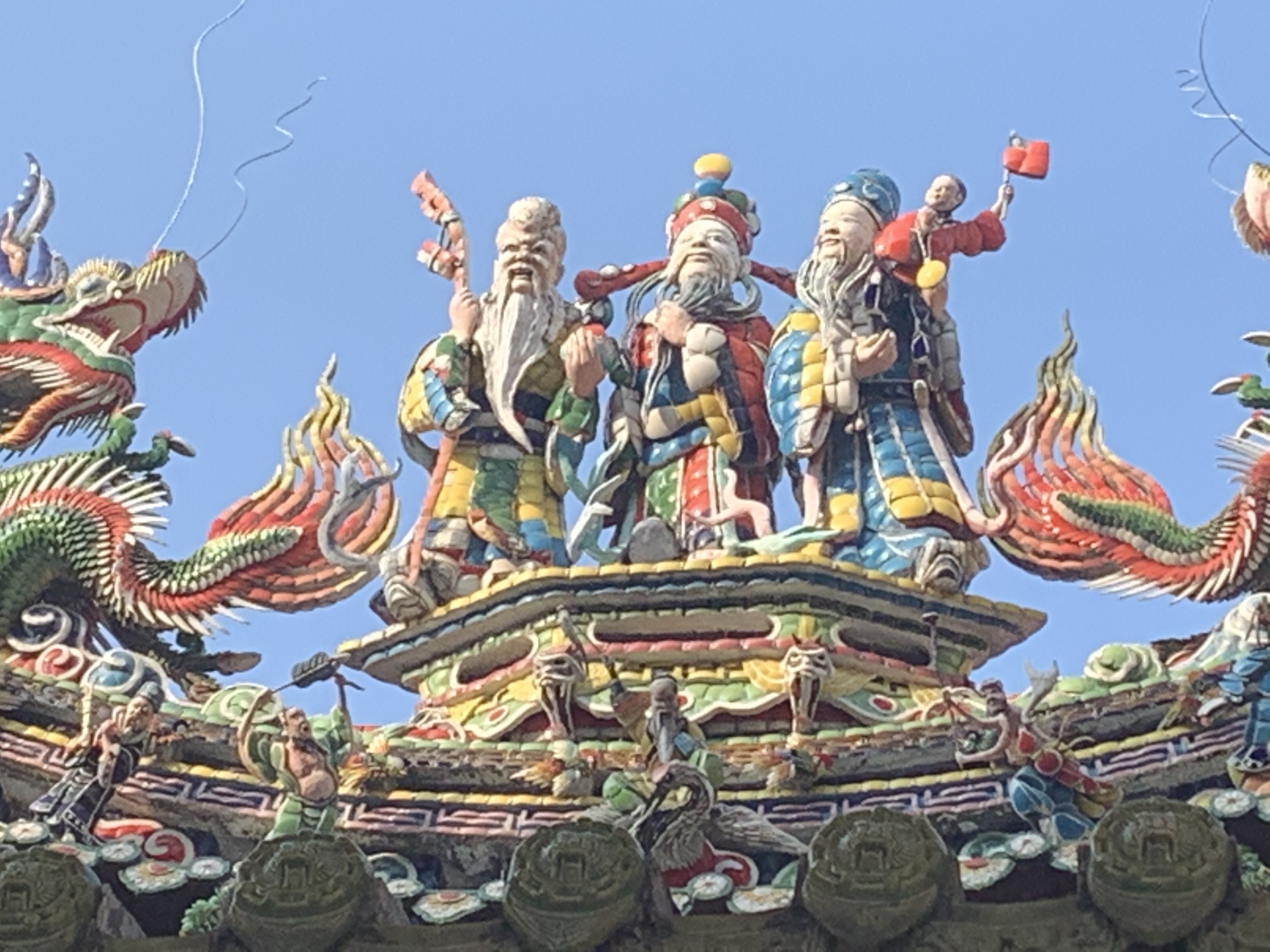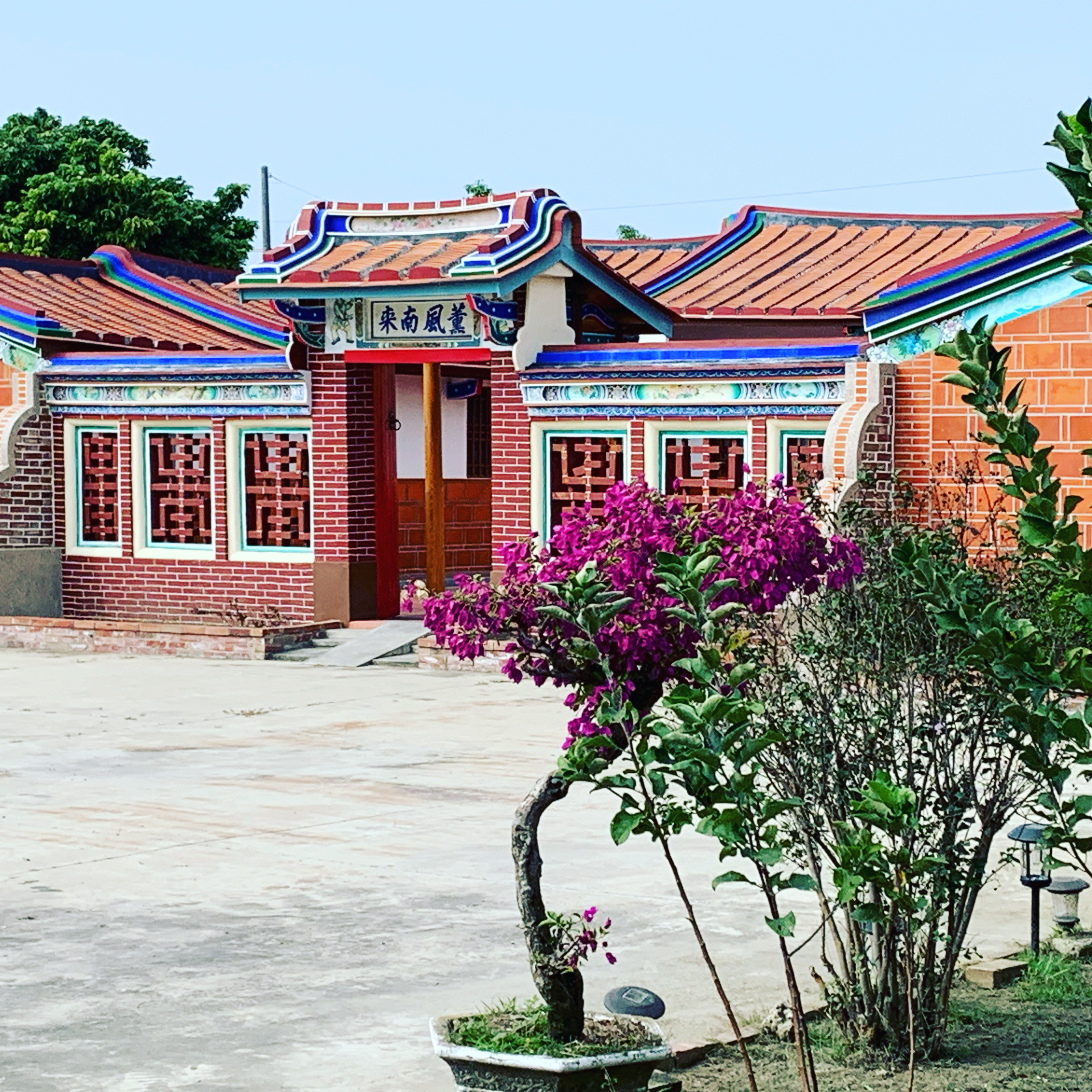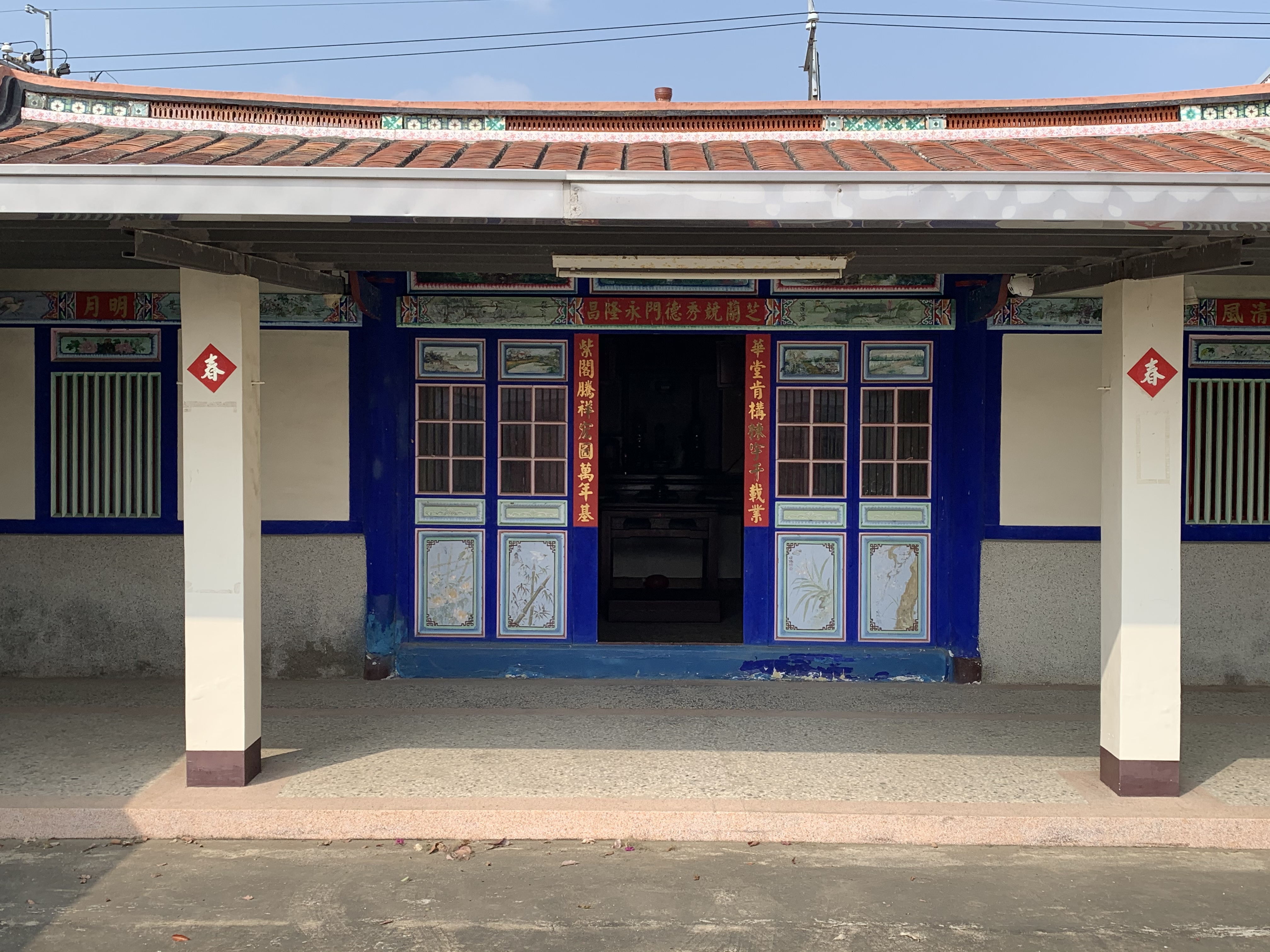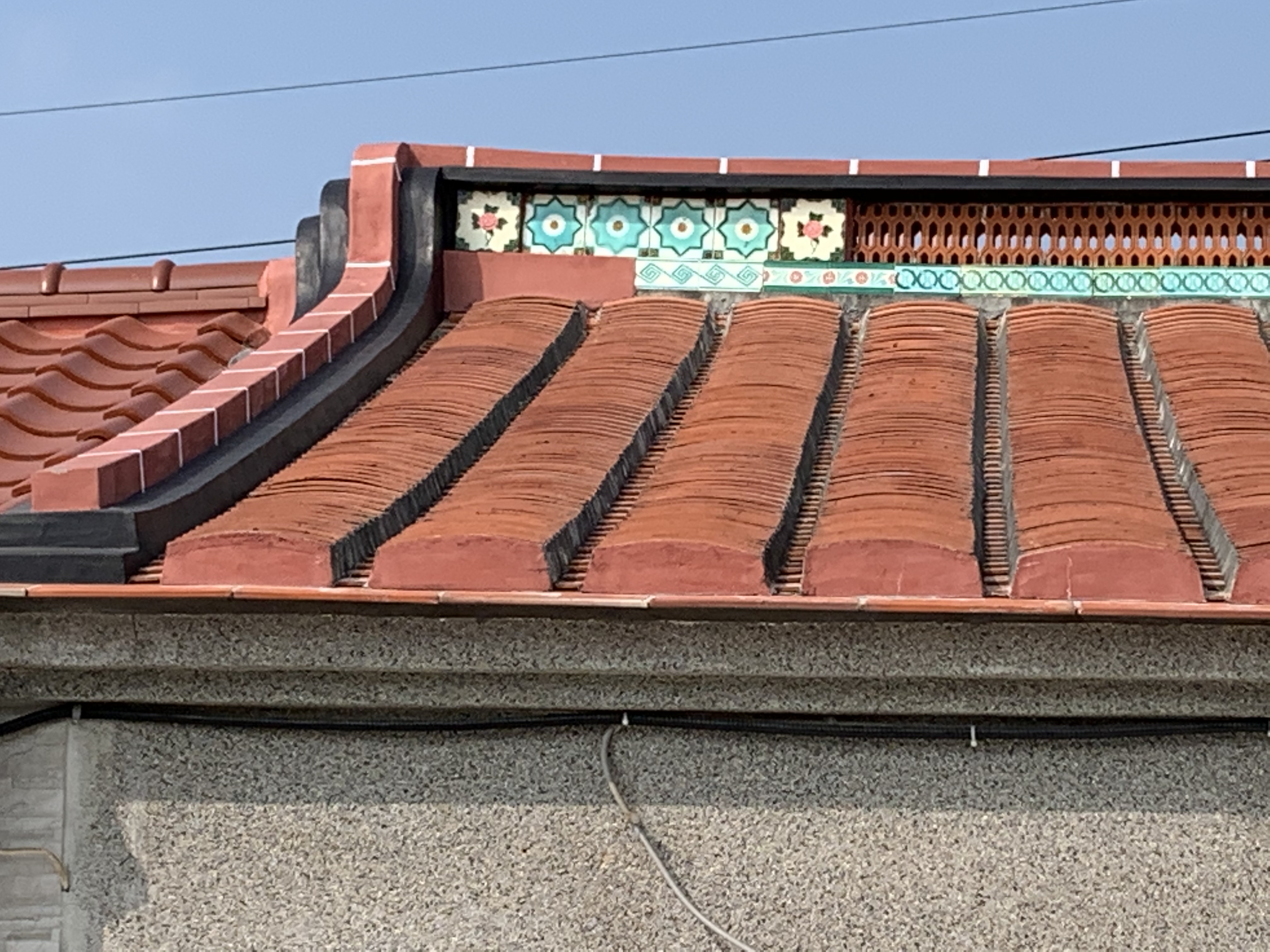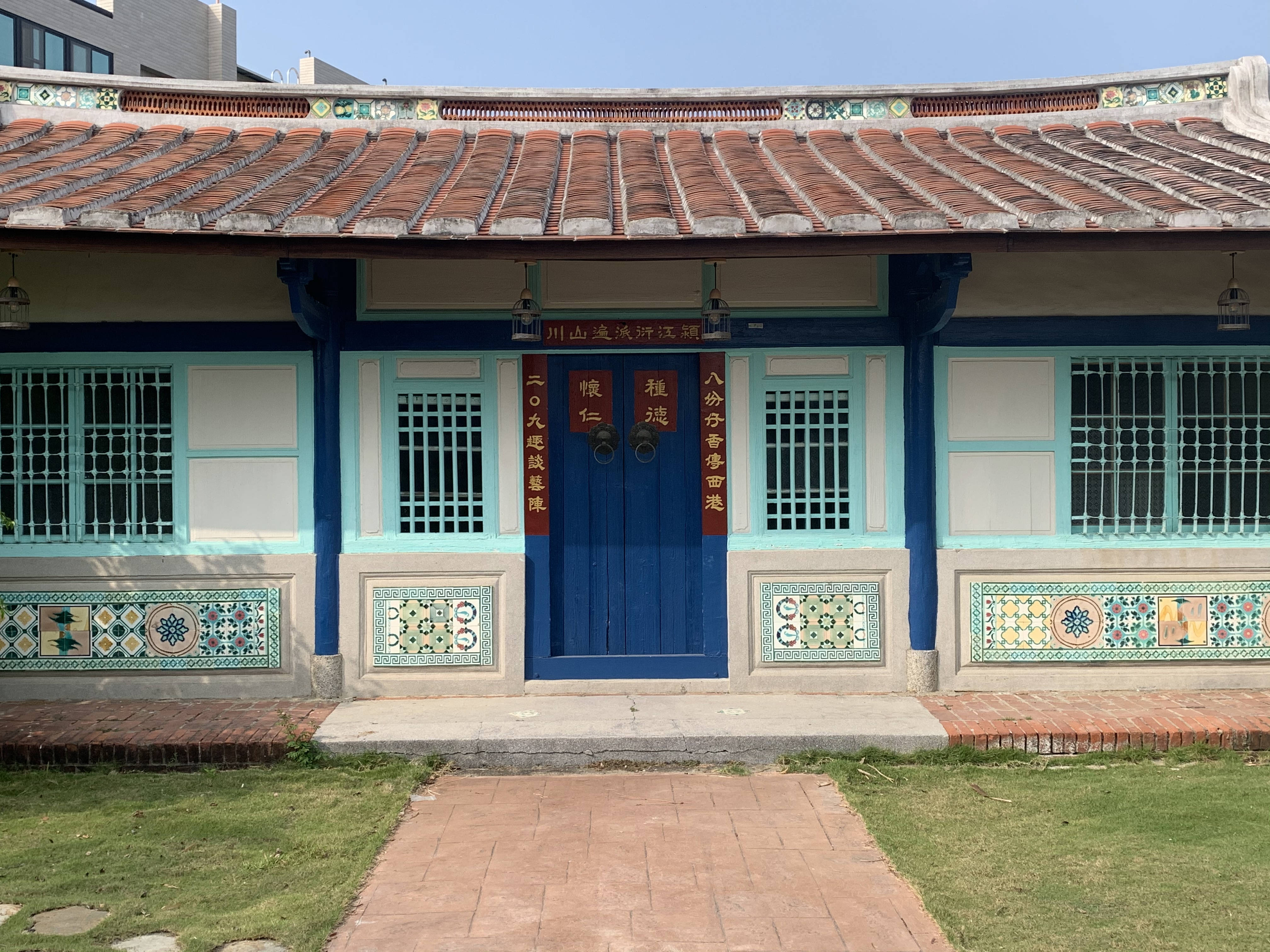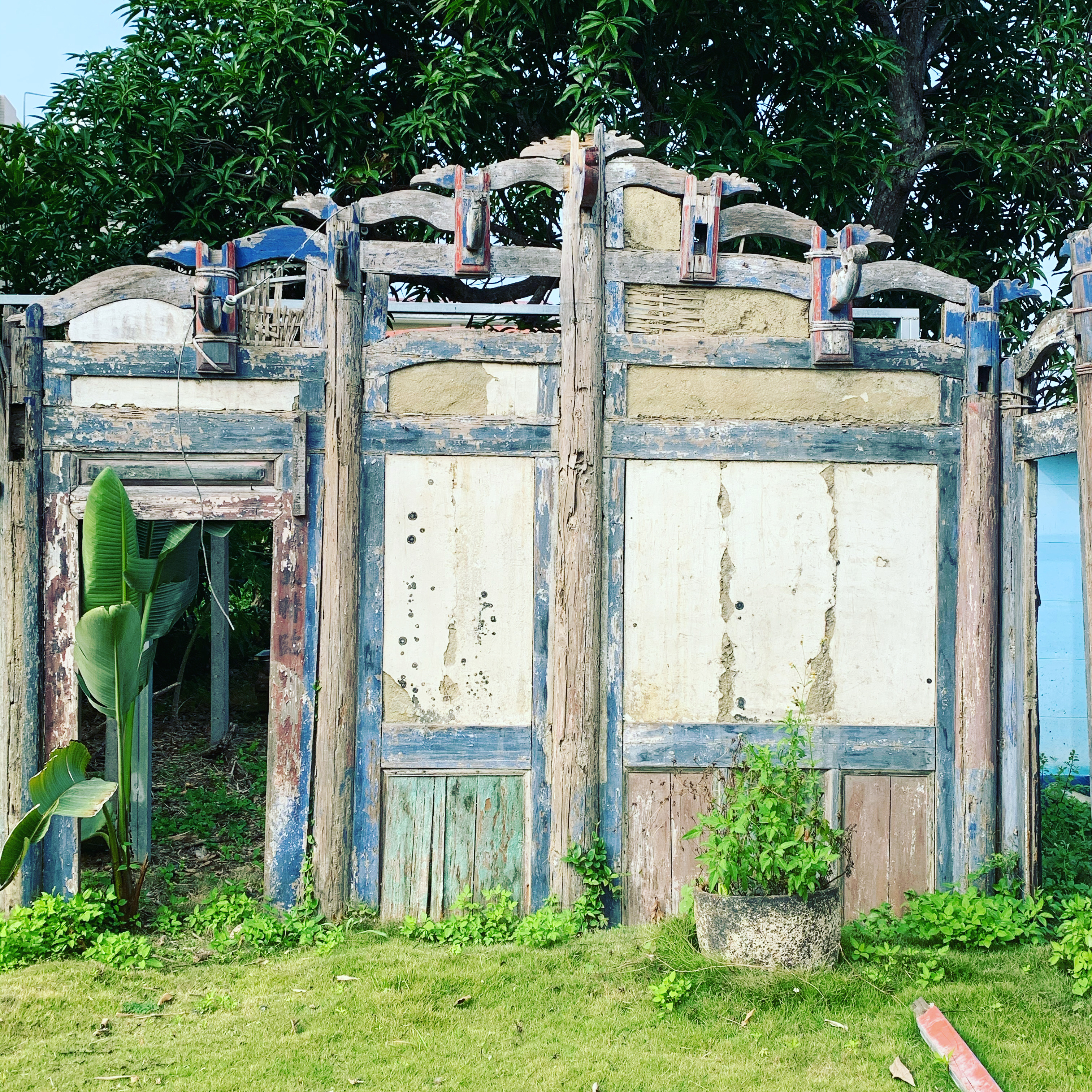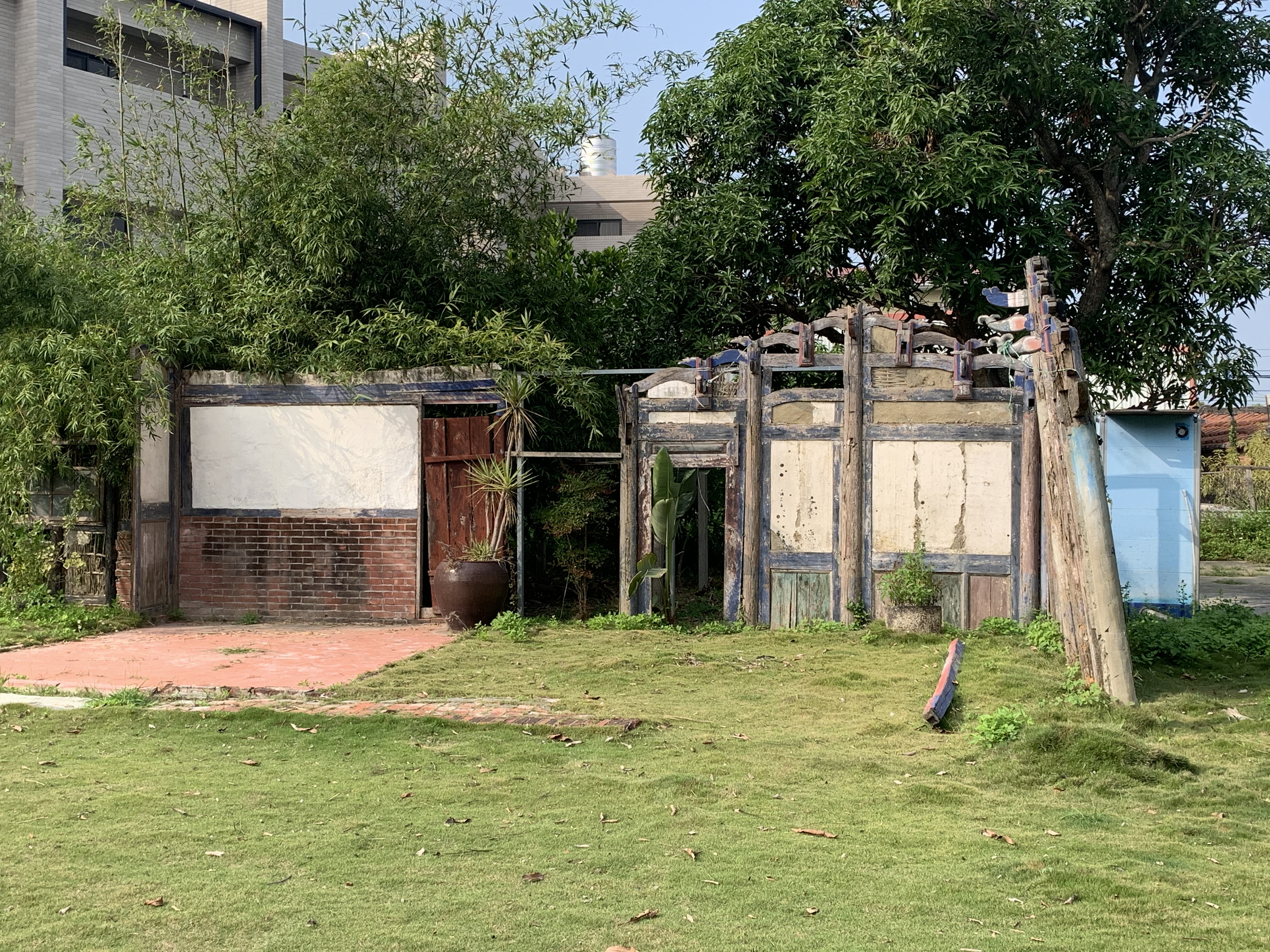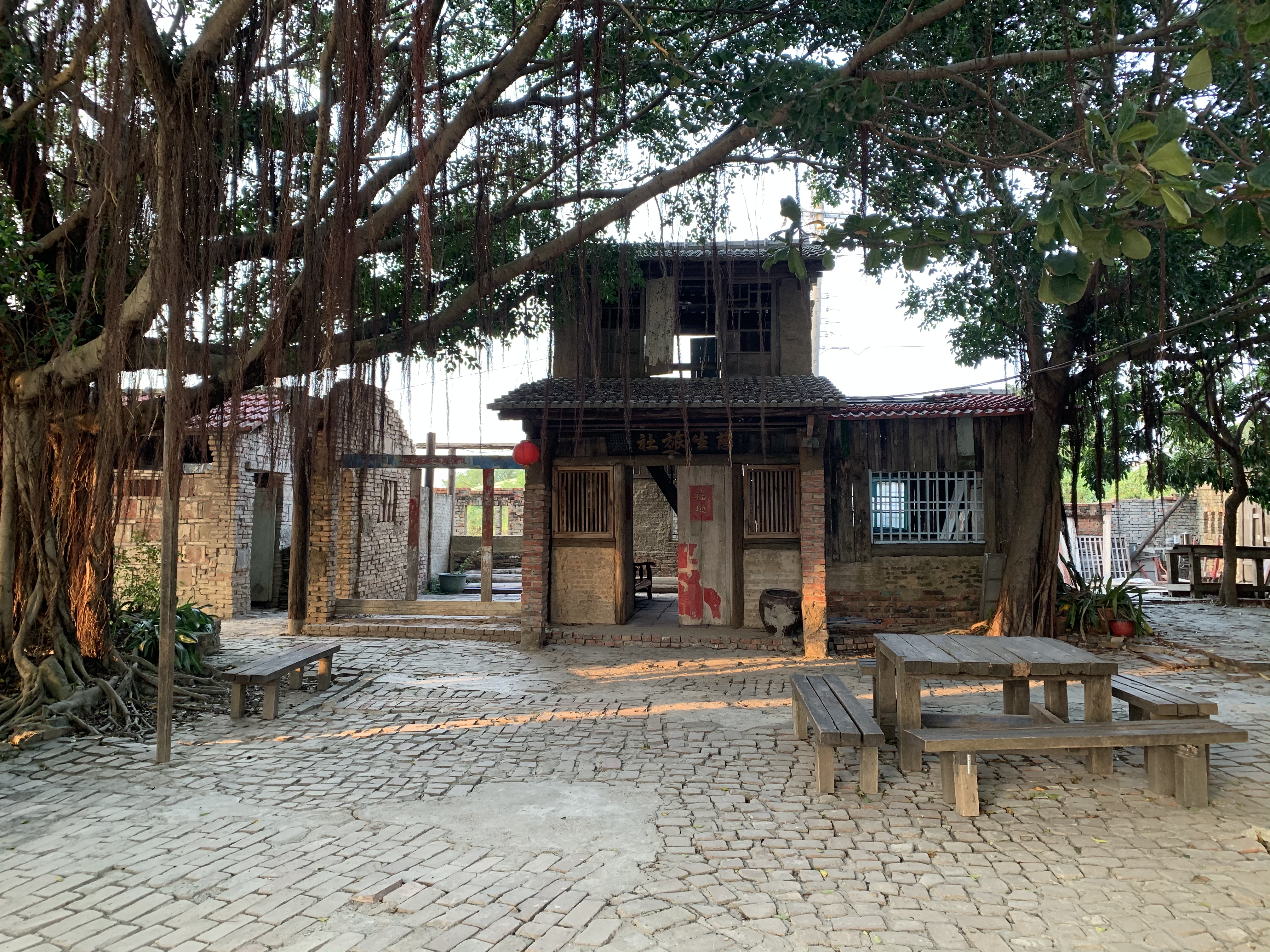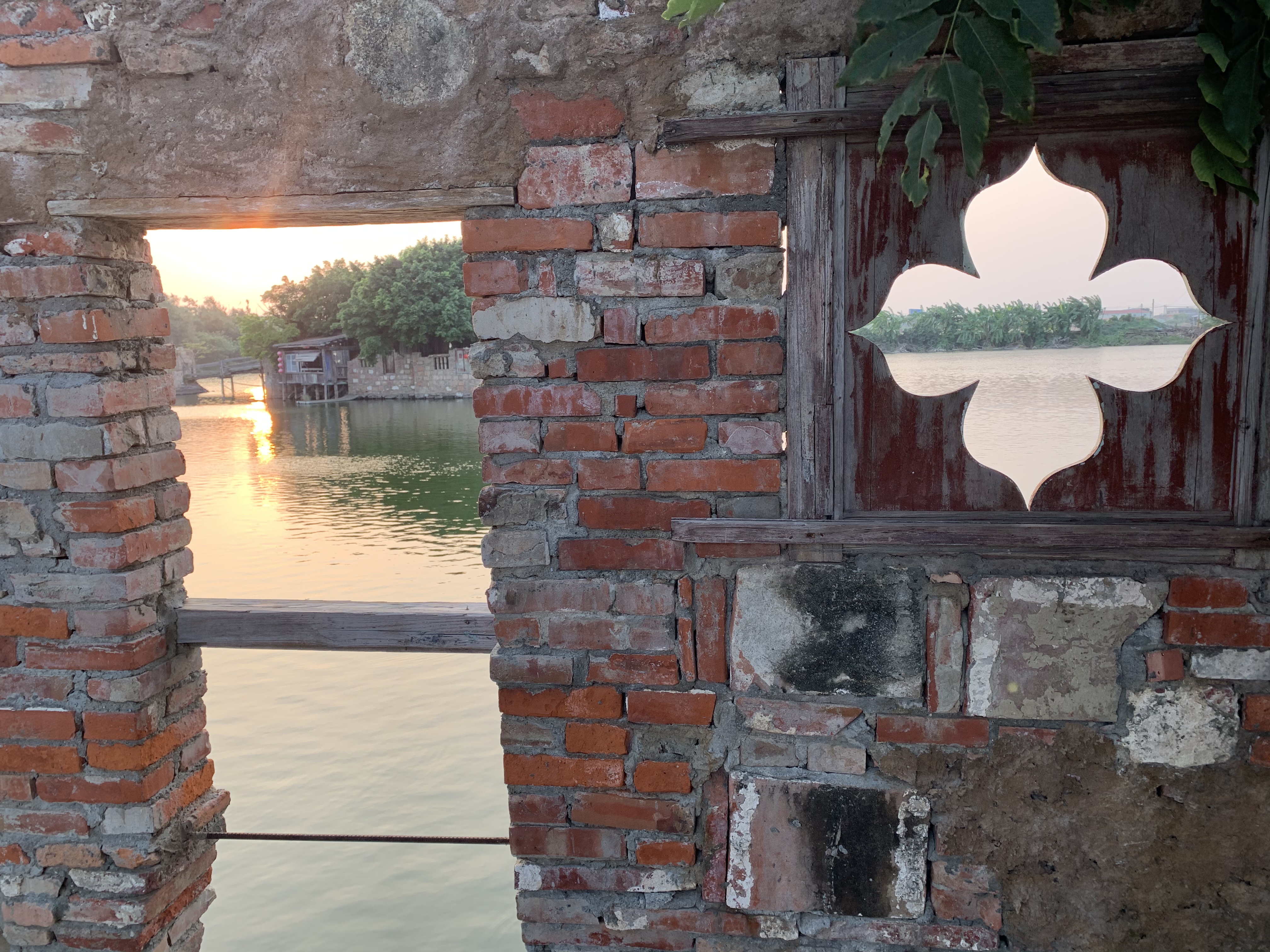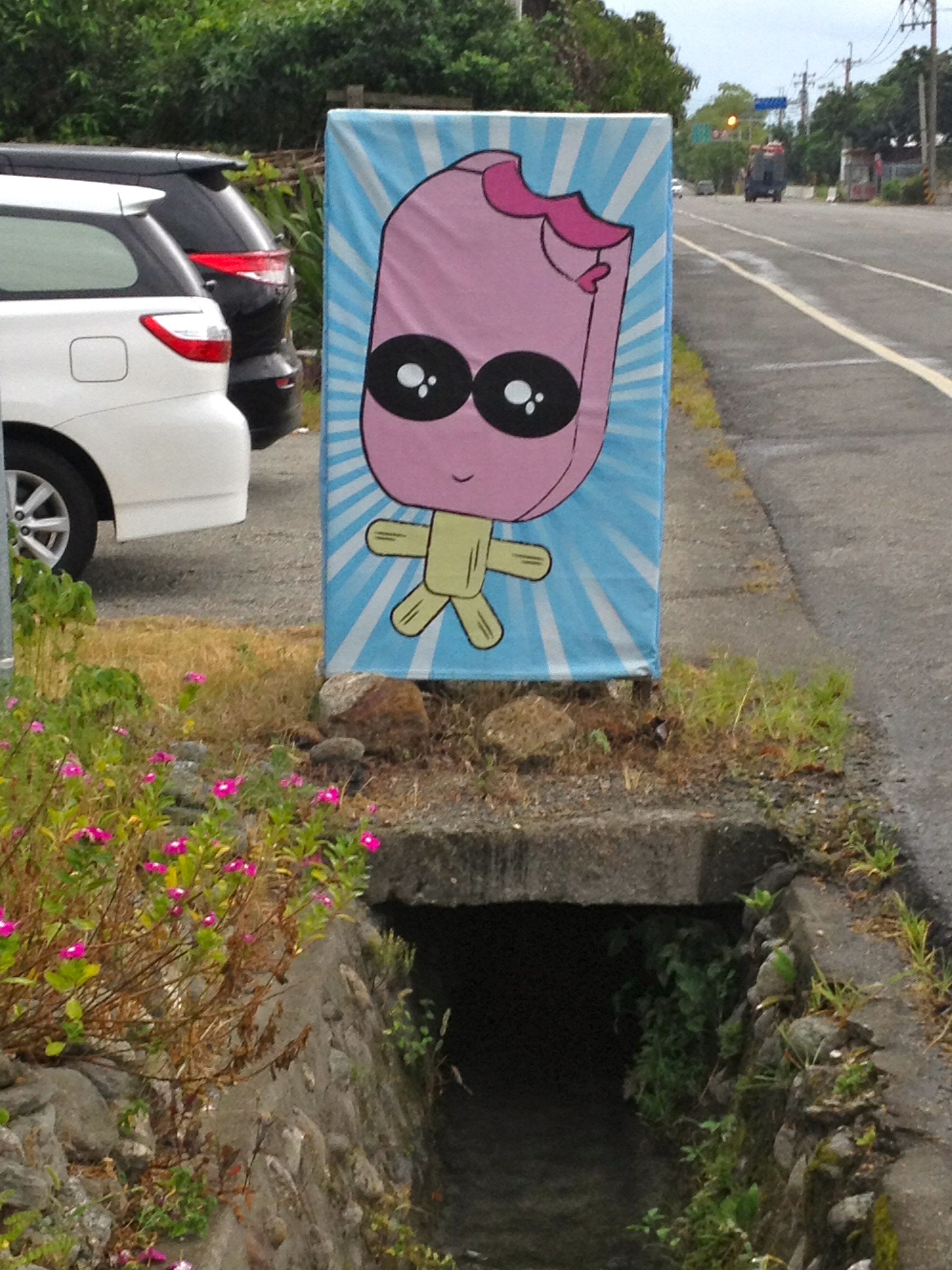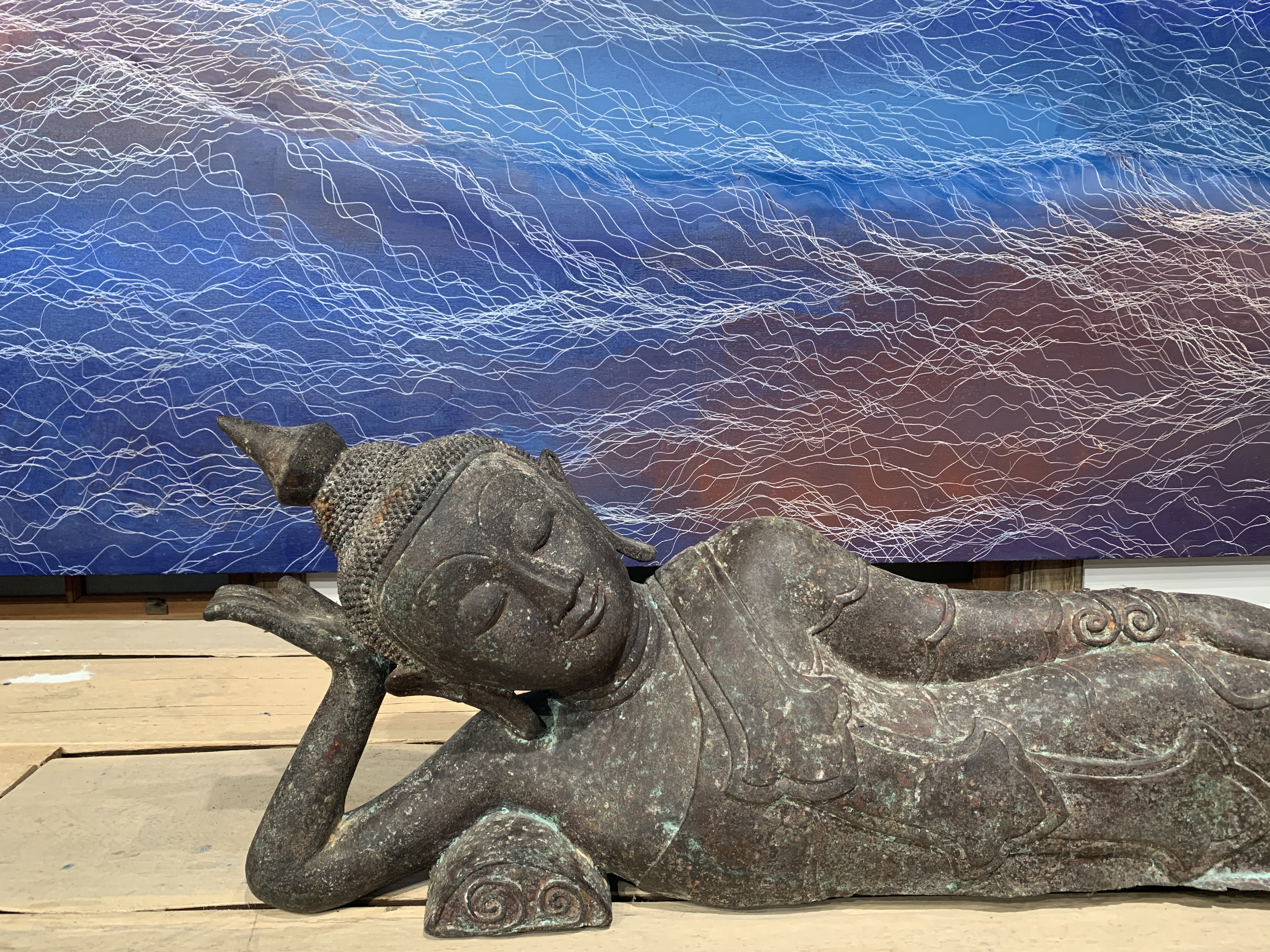
Years ago, a fellow foreign teacher I befriended in China made an offhand comment that he'd thought I'd run out of things to do in Taiwan after I'd already lived here for far longer than I'd ever lived in China. He didn't explain his reasoning, and the comment was not meant to be mean-spirited. He'd visited Taiwan before, so he was aware that the country lacks the big-ticket tourist spots that China boasts -- which I mean in both senses of the term.
I don't remember my exact response, but it was along the lines of "there's a lot more to do here than people realize."
Of course, I did not mean that there were undiscovered 'big ticket tourist spots' that the rest of the world was unaware of. I meant that years of living in Taiwan have given me a deeper appreciation for the intimate and local. Culture, history and the ins and outs of daily life here hold my interest more because I actually like living here, which I could never say about China. Not only do I not need a Great Wall or Forbidden City, but smaller-scale things like a tiny ceramic flag on a small-town temple arguably hold my interest just as much.
With that said, I come down to Tainan fairly often these days, a combination of business and personal travel. Usually, a very close friend drives up from Kaohsiung and we pick a destination or two outside the city to visit -- places you have to drive to get to (of course I make up for not driving by paying for lunch and other random costs).
We started in Xigang, at the village of Liucuo (劉厝) -- literally "Liu House" because a branch of the Liu family once settled there. I had also been mapping out all of the traditional mansions (古厝) I could find in the Tainan area with the intention of visiting any given one that might be on the way to something else, and the Liu Family Mansion (劉氏古厝) happened to be on the road to Xuejia.
What we found was a quiet, friendly village in an agricultural area, with an absolutely stunning traditional three-sided house. In addition to being very well-maintained -- swept and gleaming with sparkling white paint and blue trim and new window and door frames -- the Liu mansion features a set of windows out front with a stylized "long life" (壽) pattern in faux brick. If you look carefully, you'll see that they're painted to look like bricks but are actually solid. The front gate says Xun Nan Feng Lai (薰南風來) -- Sweet Wind from the South (or Fragrant Southern Wind), which is just lovely.
Very often in these places, if you just turn up and ask if you can take a walk around the grounds (I never go inside unless specifically invited), people are quite happy to have you around.
As the gate was closed and nobody appeared to be home, we asked around at the community center that looks like a temple next door, where a friendly auntie went over to an ancient neighbor's house, as she knows everyone. Grandma says that visitors usually call in advance but anyway, we could just step over the low brick wall surrounding the compound.
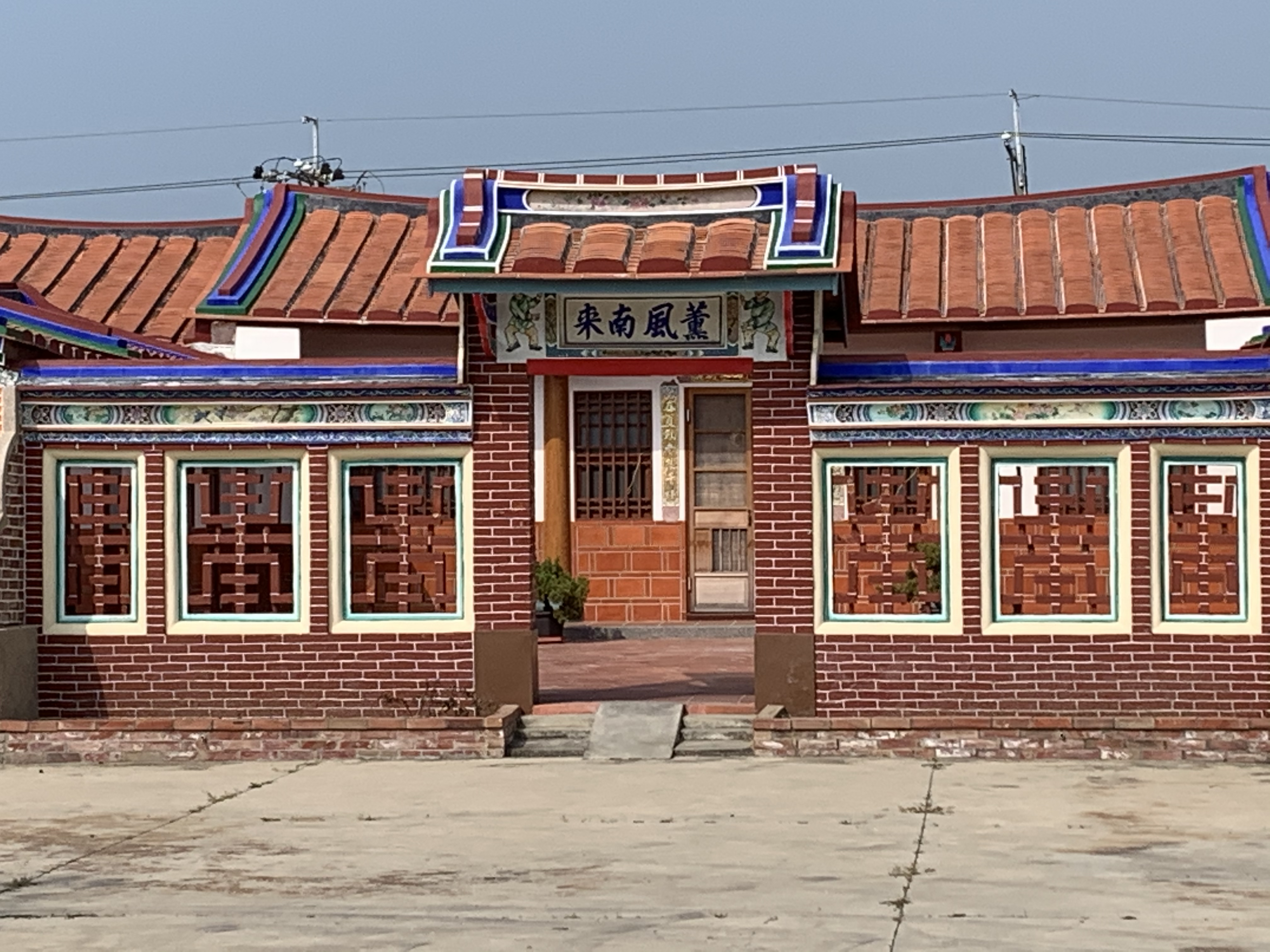
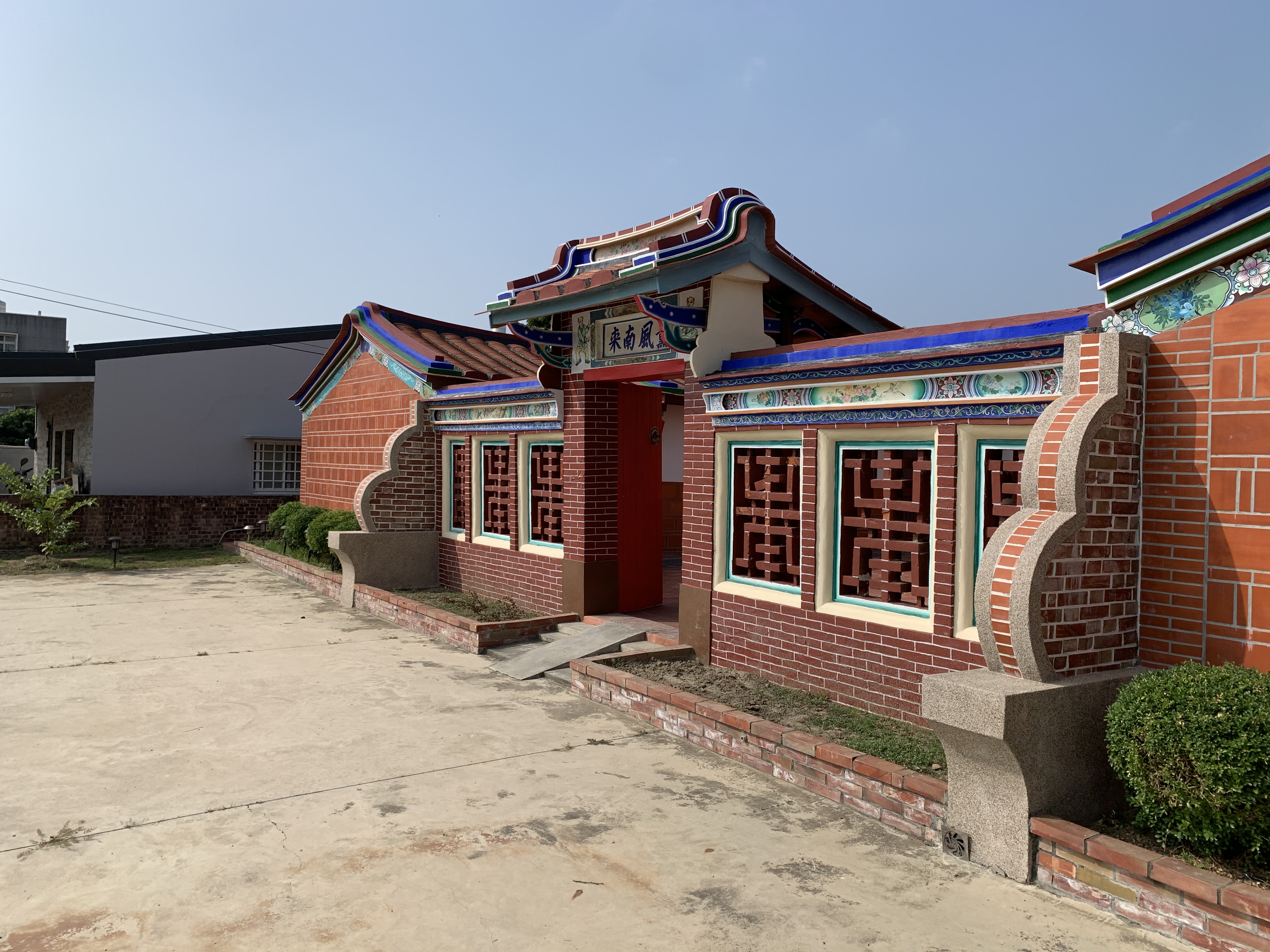
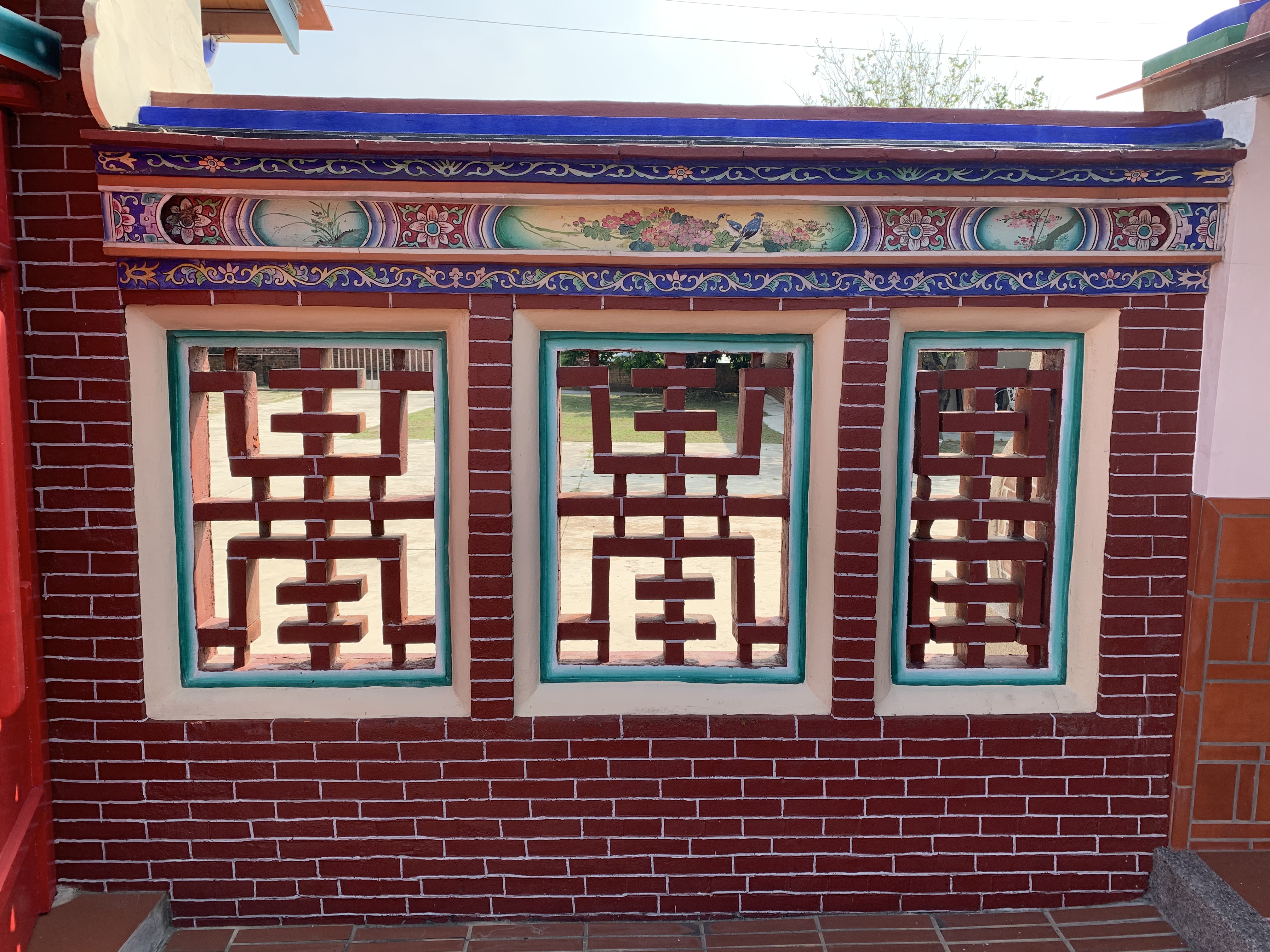
"Are you sure?"
"Yes!" she said, as she put on some flipflops and hopped easily over, despite having obvious back issues and looking to be about 100 years old. My friend and the two women -- likely Liu family members but I never did ask -- chatted as I wandered around and took pictures. I was pleased to see them growing hibiscus in the back the way my family used to have a berry brambles; a tray of drying hibiscus flowers sat on the low brick wall just as a bowl of fresh berries might be found in our fridge growing up. I'm a big fan of hibiscus tea -- really just brewing the dried flowers -- for its flavor and blood-pressure lowering qualities.
The Liu mansion was built in 1864, and is said to be the oldest house in the Xigang (西港) area (Liucuo is in Xigang). It was built by a descendant of Liu Xi (劉喜), who himself was a descendant of Liu Dengkui (劉登魁), one of the original Liu family immigrants to Taiwan from China. Liu Dengkui was born around 1640 and died around 1722 -- I looked it up from this post but I can't promise that my double-check of which calendar year corresponds to which emperor's fancy-name year is perfect. Liu Xi settled the area now known as Liucuo around 1710. The Liu family were both in the military and known for cultivating farmland in the area, and this branch is quite populous in Taiwan now.
Behind this mansion was another old farmhouse, less immediately appealing but with some charming details. Grandma easily pushed the heavy gate open, swatting away my hand when I tried to help and let us in. The owner, who was outside watering his plants and wearing a baseball cap for the local temple, didn't mind. The paintings around the doors on this house are very well-preserved and well worth a look if you can find someone to show you back there. 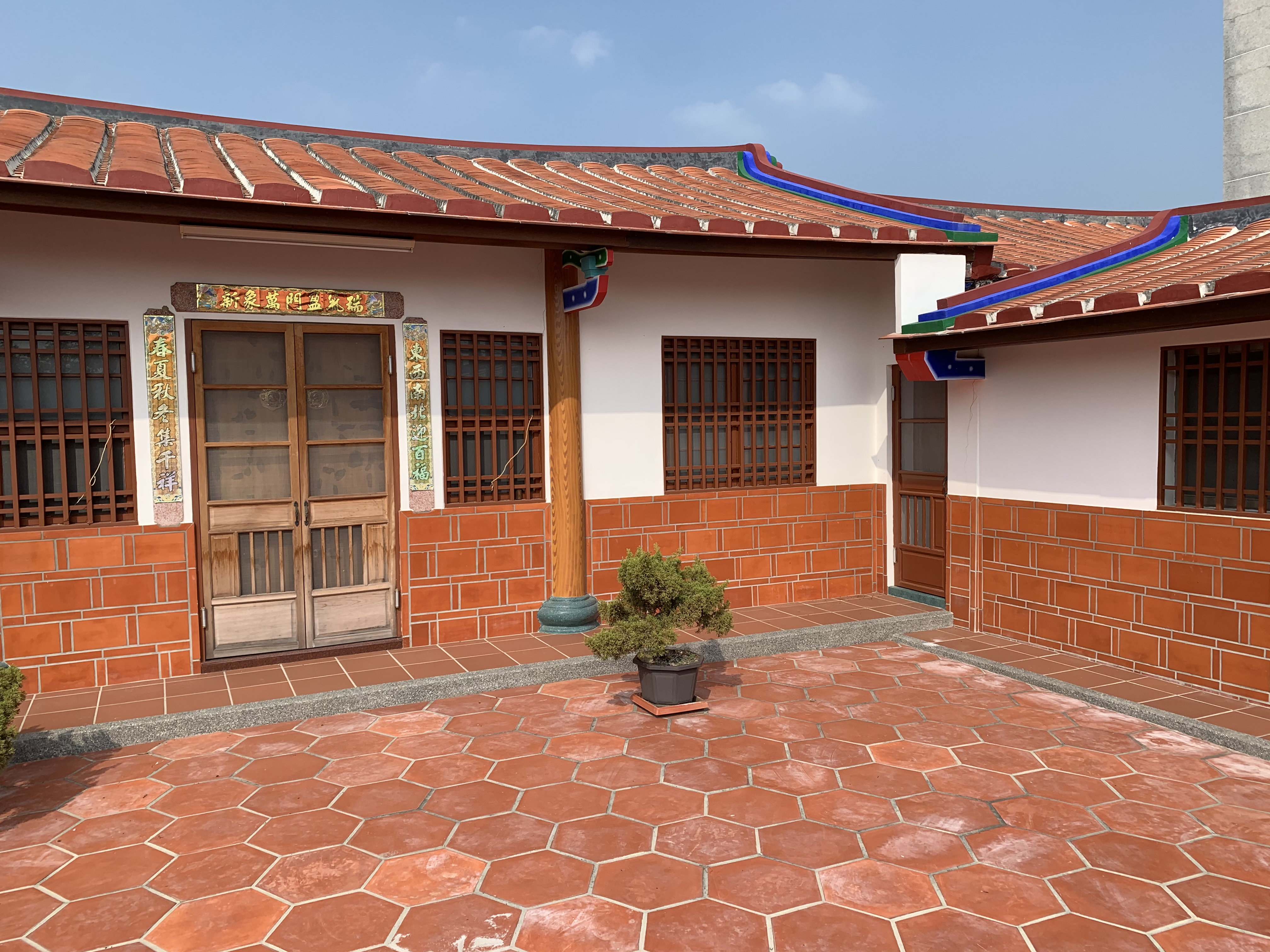

Both houses are decorated with Majolica tiles along the roof beams which are also worth a look, although they're a bit hard to see.
Auntie recommended that while we were in the area, we also check out nearby Bafen (八分), where two more mansions could be found; one was well-maintained and seems to house some sort of employment or community center. Behind it was another one that had burned down some time ago and was slowly being taken over by tropical plants.
They can be a little hard to find as they're not visible from the main road, but a friendly local who himself has a very nice courtyard house pointed out the way to us. The whole area smells like a pigsty -- an honest, agricultural smell -- but it's absolutely worth it, if you're into old houses. The well-preserved house in front has some gorgeous Majolica tilework to admire, and the one behind it is a picturesque ruin.
I just want to take this opportunity to tell you where my interest in random old houses comes from. I grew up in one, built in the 1850s (making it older than the Liu mansion). As a kid I hated it. Drafty and creaky and far from everything, with everything in a constant state of needing renovation, and we didn't even have a decent television because my parents didn't think it was important. I don't even believe in ghosts but if they do exist, that house was definitely haunted (my mom, sister and I often thought one of the others was calling us, usually around 8-9pm, when none of us were. I'm not joking). I spent a lot of time outside and a lot of time reading until my friends were old enough to drive. I complained constantly, but it's given me an affinity for life in an old house. Now, I'd consider buying one if I had enough money to renovate it to my standards.
While driving through the pig-scented countryside, my friend told me about 草地郎 (cao deh lang), or 'good country folk', which everyone we met had been. A good English translation would be 'salt of the earth'. I wouldn't go so far as to call myself that, but despite some cultural differences, my rural childhood wasn't entirely different, growing up in an old house in the middle of nowhere, supplementing our food with things that grew in our backyard. I didn't have a baseball cap from the local temple, but I did have to go to church every Sunday.
In Bafen there is a very old temple once known for producing a particular kind of special incense that was used in many temples across Taiwan. It's been renovated and doesn't look particularly special, but if you're in the area a quick stop is worth it; the interior has a few vintage features including a very pretty mid-century floor with a lotus design near the altar and a lovely banyan tree out front.
Apparently this temple, the 八分開基姑媽宮 (Bafen Kaiji Aunt Temple is the best translation I can offer) was founded in the late 1500s and honors the four goddesses of Yin, He, Li and Ji (鄞, 何,李,紀). Apparently there's a couplet in the temple that references Koxinga, but I didn't see it.
The 16th century seems early, but there were a few Chinese fishing and trading outposts in this part of Taiwan then, before serious migration began in the late 17th century. It looks newer because it was rebuilt several times since the 1700s, most recently in the late 1970s/early 1980s. Several stele have been gifted to the temple over the centuries, some of which have been lost, while other ones can still be seen.
Another story about this temple is that those resisting Japanese colonial rule could pray here to find out where the Japanese army would be, so they could head in teh opposite direction.
There is more to this temple, so it's worth reading their Wikipedia page, linked above (Mandarin only).
From there, we drove on to Xuejia (學甲), famous for milkfish, first stopping for a delicious milkfish congee. My friend thought it was a bit sweet; I just thought it tasted like Tainan food.
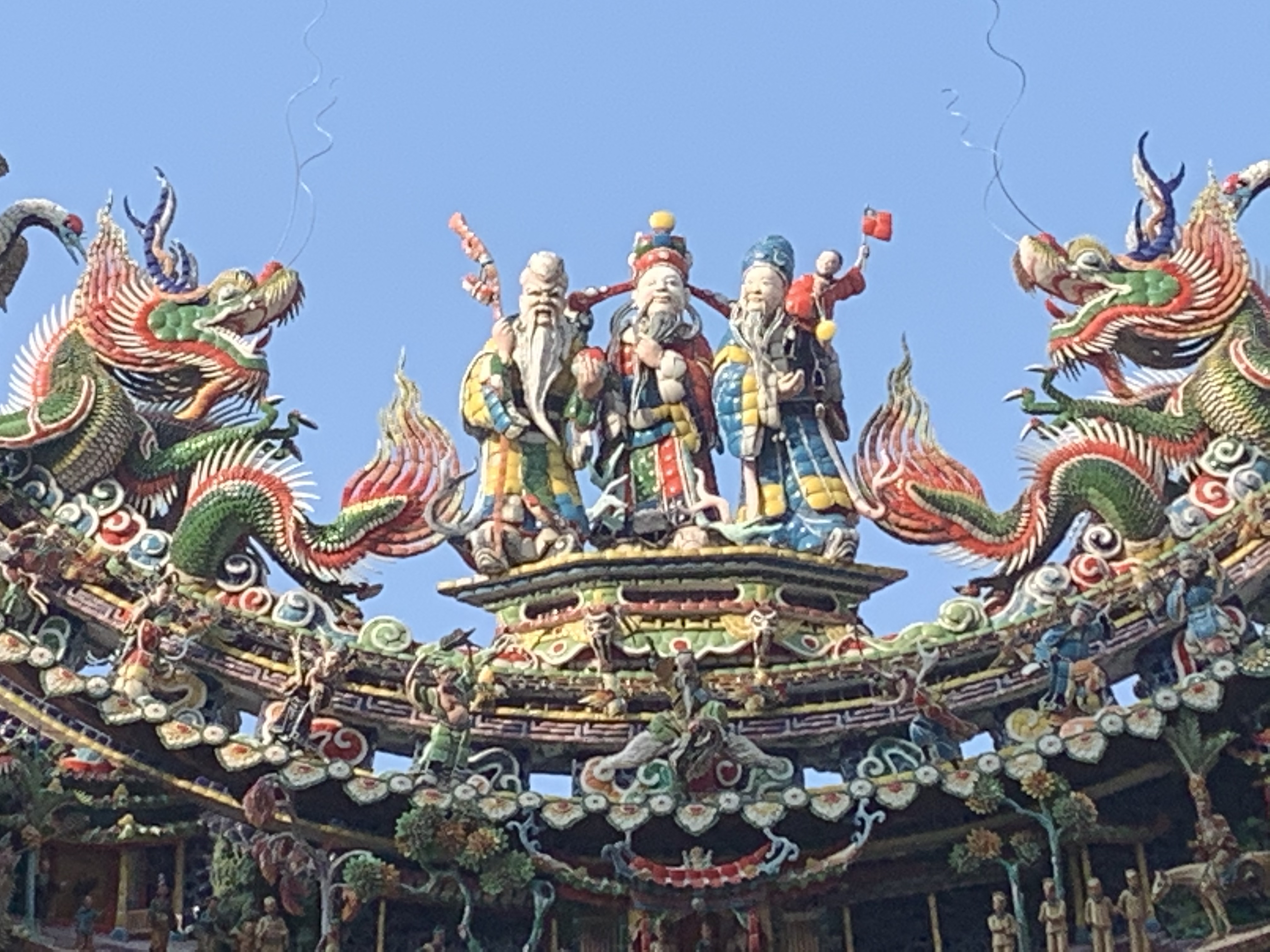
Xuejia's famous Ciji Temple (慈濟宮) is where we finally meet our tiny flag.
When you first approach the temple, look up at the three roof gods (known as the “three stars” or 三星). They appear on most Taiwanese Taoist temples. If you didn’t already know, these are 福祿壽 (Fu, Lu and Shou) and represent fortune, prosperity/happiness and longevity: the three things essential to a good life. Each is associated with a star in Chinese astronomy. In Western astronomy these are Jupiter, Ursa Major and Canopus, respectively. Each generally carries a specific item: Fu carries a baby and a scroll, Lu carries a footrest (though I’ve seen him with gold ingots too) and Shou carries a longevity peach.
What’s interesting about Ciji Temple is that, while Fu’s child typically holds a toy, this particular child is holding an ROC flag.
Grateful to be rambling the countryside with a friend fluent in Taiwanese, we asked about the reason for this. Apparently, when the Japanese took over Taiwan, they razed several temples and replaced them with Shinto shrines. We appreciate the shrines which remain and want to preserve them as part of Taiwan’s heritage, but the fact is that at the time they were a colonizing force, just like the Chinese architecture and administration that replaced the Dutch, after the Dutch sought to replace the social and religious systems of the Indigenous tribes. After the Japanese, the ROC again razed as much of the previous colonizer’s architectural mark as they could and re-built either in mid-century concrete, northern Chinese-or “Eurasian” style which has nothing to do with Taiwanese culture or history.
So, to protect their temple from Japanese administrators who would have happily demolished it, they gave the child on the roof a small Japanese flag to demonstrate their “loyalty” ("loyalty" meaning "please don’t tear down our temple"). It worked, and the temple was left alone. You can see a reprinted picture of the temple with the original Japanese flag in the exhibition hall. When the temple was renovated in the mid-20th century to protect the remaining priceless ceramic work, the Japanese flag was covered with an ROC flag to demonstrate the change in government. You can still see a photo of the original flag in the exhibition hall that contains the old ceramics, which is well worth a visit.
I can think of no better metaphor for Taiwanese history than two temples, a short drive from one another, one of which has records dating to before the Dutch or Koxinga and which helped people avoid the Japanese, and the other of which features art by a 19th century master -- more on that below -- where a tiny ceramic Japanese flag still flies, albeit covered with a Republic of China flag.
Ciji Temple, which is dedicated to Baosheng Dadi (the same god as Bao'an Temple in Taipei) once contained a great deal of 19th-century Koji ceramic work (交趾陶), which on temples usually involved painstakingly sculpted, glazed and fired figures and backgrounds arranged into elaborate story scenes.
This particular Koji ceramic work was done by the famed Yeh Wang (葉王, born Ye Lin-jhih 葉麟趾, a 19th century Taiwanese artisan and Chiayi native, the son of another pottery maker. He was -- and is -- famed for his mind-blowing attention to detail who is considered one of the 'creators' of this art form. He’s also responsible for some of the finest examples of this art form across central Taiwan, including several temples in Chiayi. He was invited to work on Ciji Temple after an earthquake in 1853 caused a great deal of damage that required restoration which happened in the 1860s.
To put it another way, he's famous enough in Taiwan that you can buy a children's book about him.
By the 1960s, Yeh Wang’s work on Ciji Temple was becoming a bit weatherbeaten, so the temple was renovated using modern glazing techniques. The new work was done by more contemporary masters in ceramics and glazing.
Fortunately, much of the original work is preserved in the exhibition hall next to the temple. Even better, the entire exhibition is bilingual, although not all of the story scenes are fully explained (there is a rather long and awkward passage about a rich guy who “loved ducks” -- geese in Chinese -- however.)
Look at the fingernails he created in his Drunken Li Bai 李白:
Li Bai was quite the alcoholic, saying that sober men never go down in history, only drunkards get famous.
And the furrowed brow on this fellow:
...and recall that these figures were often places on roofs or under awnings, where such details might not even be seen by visitors.
At the entrance to the temple, there are two people riding lions who have distinctly non-Chinese features, one more obviously than the other. On one side, a man with dark auburn hair, a Caucasian nose and a square jaw is holding an urn and a lotus stalk. On the other, his friend with big round eyes is holding another urn, and a banana leaf (the original ceramic banana leaf is lost). The man who told us about the flag said that they were Dutch (胡人 or "Hu People", which my friend translated as Dutch), and carried gifts because they ‘brought good things’ (tributes and gifts, I suppose) to Chinese leaders. The exhibition hall confirms they are Hu, but describes them as being nnorthern Chinese Hu (a nomadic group from the steppes) offering tribute. In any case, the items they carry said together are "甕甕蓮蕉" (urn urn lotus banana), which sounds like 旺旺連招 in Taiwanese. This is a spoken expression in Taiwanese which means something like 'good things come at the end' or 'the outcome is good fortune' (or something along those lines; I am not as proficient in Taiwanese as I'd like to be).
The current ones can be seen on the temple roof:
And the Yeh Wang originals are preserved in the exhibition hall:
While Yeh Wang's lions are highly stylized in the traditional way and thus aren't meant to look exactly like real lions, I am quite certain he never saw a real tiger in his life:
Not his fault, of course. In the 1800s one was probably better off not coming across tigers.
There are some other interesting things to see in the exhibition hall: the top floor boasts some ancient archeological finds from Indigenous settlements and the old temple doors with door gods painted by yet another master artist. This area offers no bilingual signage, however.
In short, if you are interested in Taiwanese temples, history or art, Ciji Temple and the exhibition hall are absolutely worth your time.
From here, we drove out to the Laotang Lake Art Village (老塘湖藝術村), a piece of architectural art composed of old, weatherbeaten building bits and pieces put together by The Mad Painter (or Hyper Painter), an artist from Kaohsiung. It costs NT100 to enter if you're not from Xuejia.
Instead of trying to explain it, here's a picture of the explanation for this place:
The artist is also known for his quick-painted depictions of famous people, and a few re-paintings of famous works (there's a quick-painted Mona Lisa, for example). There's a small exhibition near the entrance.
This place is truly out in the middle of nowhere; you have to drive past rows of fishponds to get there. Apparently, the Mad Painter created it to evoke the backdrops of old martial arts films, which are meant to be dilapidated and weatherbeaten. The entire area surrounds a small lake (Laotang Lake, I suppose) with an island at the center, and it seems as though a few shops are open on busy days. We were there towards the end of a quiet day, so very little was open, but it was peaceful and lovely at sunset.

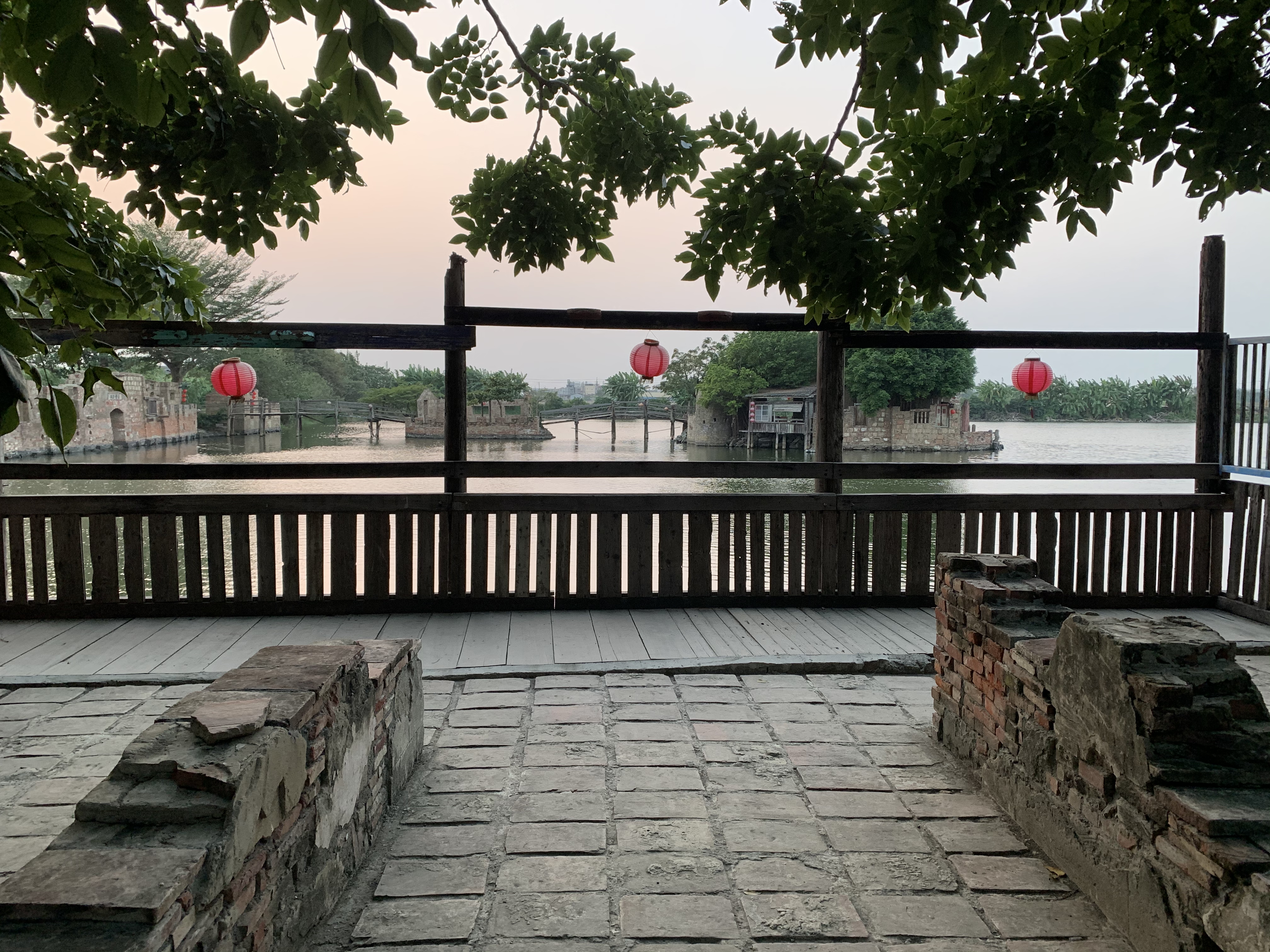
There is one issue, however: the whole area smells of some combination of sewage and garbage. As my friend pointed out, there is a cafe and it would be a great place to stop for a drink, if it didn’t smell so bad.
I’m not quite sure what to make of it otherwise. It’s not a tourist trap; it’s not well-known enough for that. Xuejia residents get free entry and it seems as though several older people take advantage of this. A few cosplayers were photographing themselves in the picturesque scenery, too. The area is home to several animals who look clean, fed and cared for, and are friendly to visitors.

